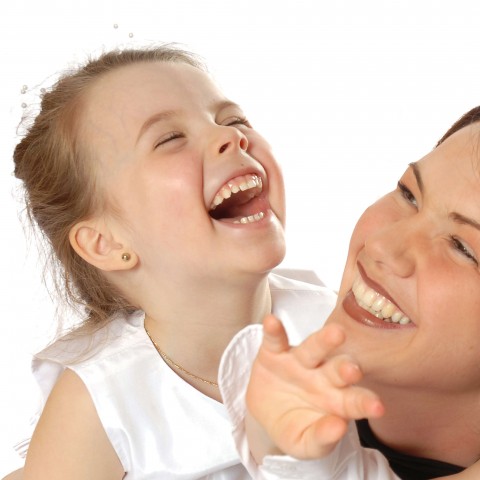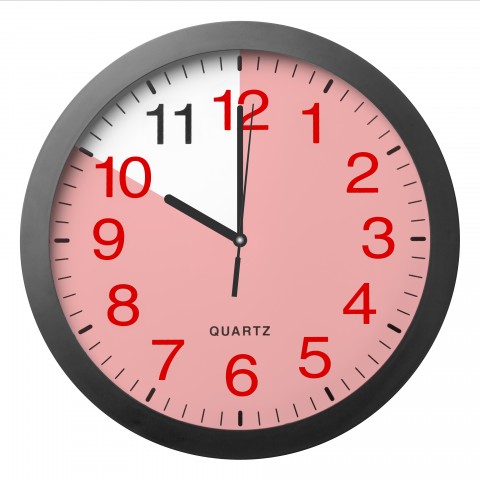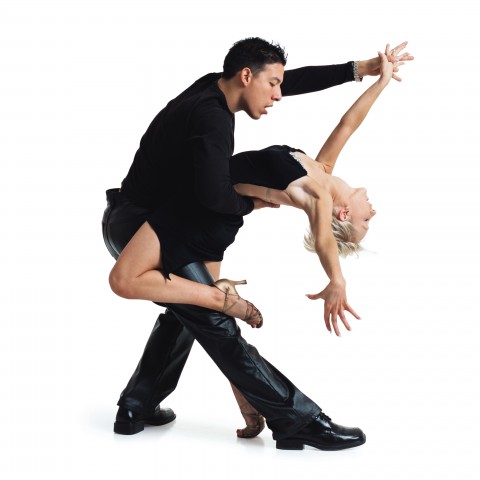
So, you’re keen to tell your Afrikaans friends what you’ve been up to. And you have all the right werkwoorde (“verbs“) to manage this well! But if you are, for instance, really excited about something you did, or about something that happened, verbs alone will be inadequate. You’ll have to use an adverb in Afrikaans here. It’s the difference between saying: “The group laughs” and “The group laughs happily.”
In the last sentence, “happily” is the adverb, and its omission could affect the meaning of the sentence, won’t you agree? For this reason, we consider adverbs important at AfrikaansPod101, so let us help you master them easily! In fact, why not start with our blog post that tells you almost everything about Afrikaans verbs? Then, dare to dive into the deep end with these tricky Afrikaans conjugations…
 Table of Contents
Table of Contents
- Why is Mastering Adverbs in Afrikaans Important?
- Definition of an Adverb in Afrikaans
- Adverbs as Adjectives and Vice Versa
- Lists of Adverbs in Afrikaans
- AfrikaansPod101 Can Help You Ace Your Adverbs in Afrikaans!
1. Why is Mastering Adverbs in Afrikaans Important?
As mentioned, an adverb can affect the meaning of what’s being expressed. Accuracy when reporting something could be especially crucial in situations like the following (underlined words are bywoorde):
1) When visiting the doctor, it would help if you could say: My elmboog beweeg glad nie. (“My elbow doesn’t move at all.”) Or maybe: Ek sluk moeilik. (“I swallow with difficulty.”) Knowing how to use Afrikaans adverbs properly can help a medical professional help you better!
2) When visiting the police or appearing in court, it would help if you could report: Hy het my baie hard geslaan. (“He hit me very hard.”) Or: Die kar het te vinnig gery. (“The car drove too fast.”)
3) When you have to give directions, it would help if you could instruct: Draai links by die verkeerslig. (“Turn left at the traffic light.”) Or: Stop hier. (“Stop here.”)

4) When you talk to your Afrikaans-speaking manager or employer, it would help if you could say: Ek het gister gewerk. (“I worked yesterday.”) Or: Hy het laat aangekom. (“He arrived late.”)
These are only a few examples, but it should be clear that adverbs are important to know and master!
2. Definition of an Adverb in Afrikaans
As mentioned, an adverb in Afrikaans is called a bywoord. Like in English, it describes or says something about the verb (werkwoord) in a sentence.
According to Wikipedia, adverbs usually give more information about manner, place, time, frequency, degree, and so on. They answer questions about how, when, where, and why something happened, and an adverb can be composed of one word or many words (called an adverbial phrase or clause).
3. Adverbs as Adjectives and Vice Versa
Did you know that all adjectives can be used as adverbs too?
For instance:
i) Die gelukkige kind lag. (“The happy child laughs.”)
The bolded words are adjectives. Do you know the grammar rule here? Why is gelukkige considered an adjective? Let us know in the comments!
ii) Hy voel gelukkig. (“He feels happy.”)
This time, the bolded words are adverbs, because they describe or say more about the action (voel means “feel”).

4. Lists of Adverbs in Afrikaans
There are several types of adverbs in Afrikaans, grouped according to their functions:
1. Time (Tyd)
2. Place (Plek)
3. Manner (Wyse)
4. Degree and Frequency (Graad / Hoeveelheid)
5. Modality (Modaliteit)
6. Causality (Oorsaak)
7. Circumstance (Omstandigheid)
8. Relation and Restriction (Verhouding en Beperking)
9. Reason (Rede)
10. Measurement (Maat)
11. Purpose (Doel)
12. Inquiring (Vraend)
As you work through these, you will find that the adverbs often overlap in function.

| English | Afrikaans |
|---|---|
| Adverbs of Time | Bywoorde van Tyd |
| “Early” / “Earlier” / “Earliest” “The rooster crows early. It wakes up the earliest.” | Vroeg / Vroeër / Vroegste Die haan kraai vroeg. Dit word die vroegste wakker. |
| “Late” / “Later” / “Latest” “This train leaves the latest.” / “Rather go later.” | Laat / Later / Laatste Hierdie trein vertrek die laatste. / Gaan liewer later. |
| “Next” “You can go next.” | Volgende Jy kan volgende gaan. |
| “Previously” “He lived in the UK previously.” | Vroeër / voorheen Hy’t vroeër/voorheen in die VK gebly. |
| “By day” “I work by day.” | Bedags Ek werk bedags. |
| “At night” “I sleep at night.” | Snags Ek slaap snags. |
| “In time” “They left in time.” | Betyds Hulle het betyds vertrek. |
| “Nowadays” “Nowadays, we sing.” | Deesdae Deesdae sing ons. |
| “In the afternoons” “We play in the afternoons.” | Smiddae / Smiddags Ons speel smiddae. |
| “Seldom” “The cat seldom eats.” | Selde Die kat eet selde. |
| “Quickly” “Come quickly.” | Gou / gou-gou Kom gou-gou. |
| “Soon” / “One of these days” “He’ll fly soon.” | Eersdaags / Binnekort Hy sal binnekort vlieg. |
| “First” “We first lived here.” | Eers Ons het eers hier gebly. |
| “At last” “At last, he replies.” | Uiteindelik Uiteindelik antwoord hy. |
| “Sometimes” “Sometimes the child cries.” | Soms Soms huil die kind. |
| “Henceforth” “Henceforth, you must drive.” | Voortaan Voortaan moet jy bestuur. |
| “Often” “The girl often dances.” | Gereeld Die meisie dans gereeld. |
| “Time and again” “We are being warned time and again.” | Telkens Ons word telkens gewaarsku. |
| “Long” “I finished long ago.” | Lankal Ek is lankal klaar. |
| “Suddenly” “We suddenly stop.” | Skielik / Meteens Ons stop skielik. |
| “Immediately” “Drink immediately.” | Dadelik / Onmiddelik Drink dadelik. |
| “Forever” “They left forever.” | Vergoed Hulle is vergoed weg. |
| “Once” “Once there was a witch.” | Eenmaal Eenmaal was daar ‘n heks. |
| “Meanwhile” “Meanwhile, he laughed.” | Intussen Intussen lag hy. |
| “Yet” “She is yet to come.” | Nog Sy moet nog kom. |
| “Then” “Then I will write.” | Dan Dan sal ek skryf. |
| “Never” “He never showed up.” | Nooit Hy het nooit opgedaag nie. |
| “Always” “I will always love you.” | Altyd Ek sal jou altyd liefhê. |

Adverbs of Place / Bywoorde van Plek
With us, you get to learn these adverbs and how to use them in easy, fun ways, and from a native Afrikaans speaker, too! Also, if you sign up with us, you’ll get immediate access to free tools, such as hundreds of vocabulary lists, a comprehensive core word list, a key phrase list, and a word of the day every day. That’s a bargain! So, sign up now for a free lifetime account, and you’ll immediately be able to use other tools too, such as these hugely helpful Flashcards. You’ll also get space to create your own personalized Word Bank. With application and persistence, and the help of our fantastic team, you’ll be able to speak Afrikaans like a native in no time at all! Enroll today. Before you leave, let us know in the comments if we missed any important adverb in Afrikaans that you still want to know! We’ll be glad to help.
5. AfrikaansPod101 Can Help You Ace Your Adverbs in Afrikaans!















